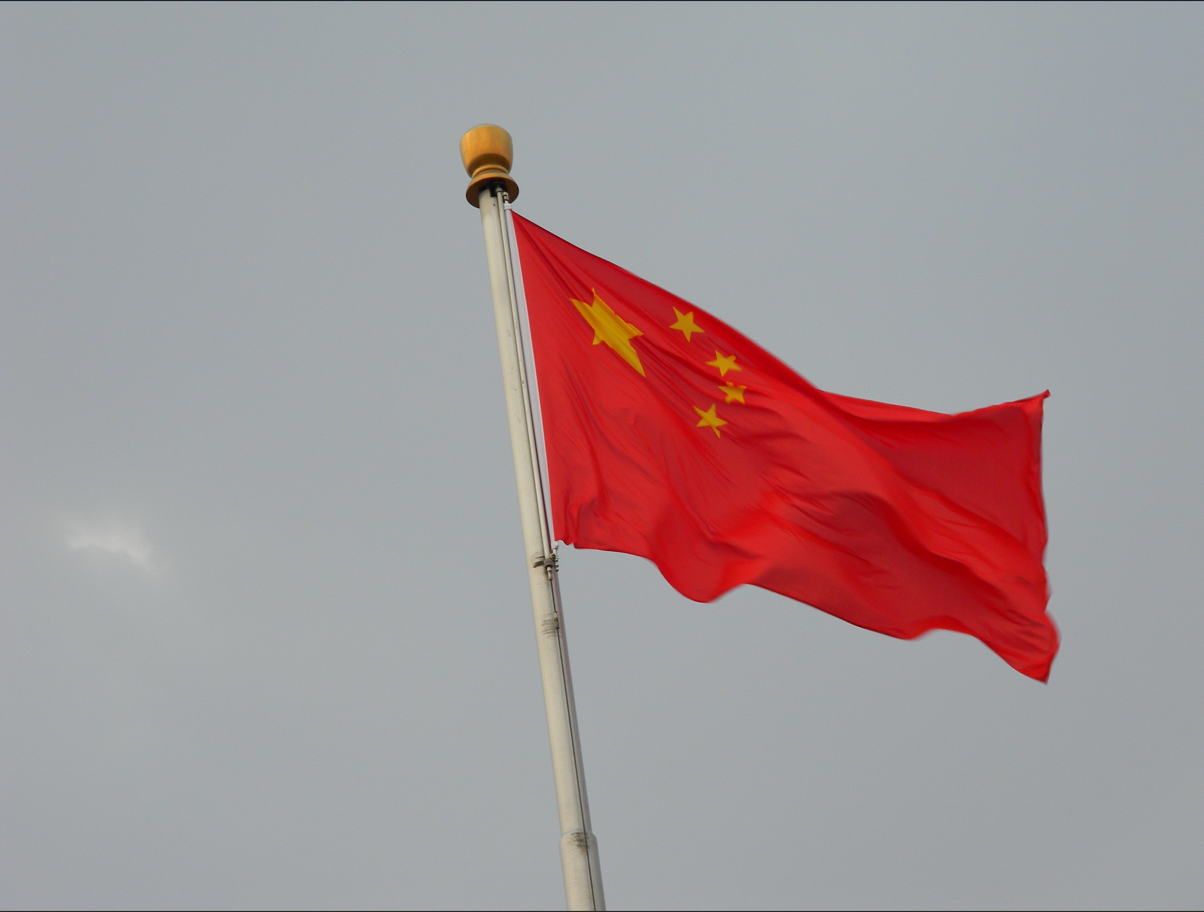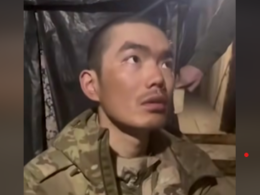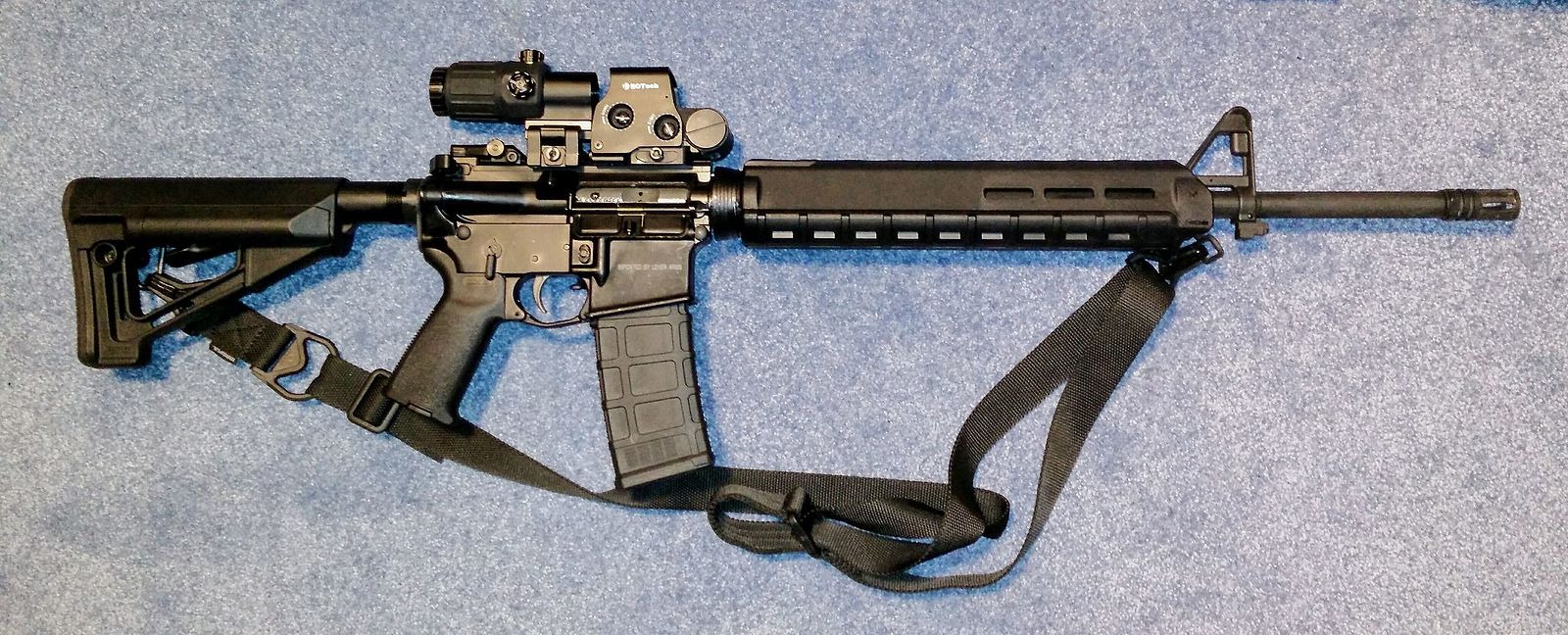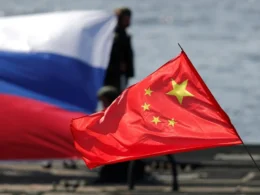Ukraine's list of 48 global firms — including 14 Chinese entities like energy giants CNPC, Sinopec, and CNOOC — claims their activities indirectly support Moscow’s invasion, as the revenue from these companies on the Russian market helps finance the war effort. Though the list carries no legal implications, China protested its firms' inclusion as unacceptable, since it’s a reputational tool.
“China firmly opposes the inclusion of Chinese enterprises in the relevant list and demands that Ukraine immediately correct its mistakes and eliminate negative impacts,” a foreign ministry spokesperson told
Reuters, without elaborating on the impacts. China’s 14 companies lead the ranking, while the US, France, and Germany follow with eight, four, and four corporations on the list respectively.
Previously, China's ambassador in Kyiv told Ukrainian officials adding the companies could damage bilateral ties, according to two senior Ukrainian sources. One source suggested Beijing could leverage vital grain imports in response.
While urging respect for national sovereignty, China has maintained close Russia relations without criticizing its aggression in Ukraine. As Kyiv's top pre-war trade partner, China continues to import Ukrainian grain, sunflower oil, and iron ore.
Officially, China denies providing military assistance to Russia. However, according to the US Department of Defense, Chinese companies (including state-owned ones) have sold dual-use products, small arms, drones, navigation equipment, and protective gear to the Russian military.
The blacklist includes the following Chinese corporations:
- Alibaba Group Holding Limited — online retail
- Xiaomi Corporation — smartphones and other electronics manufacturer
- China National Petroleum Corporation (CNPC), China National Offshore Oil Corporation (CNOOC Group), China Petrochemical Corporation (Sinopec Group) — three largest national oil companies
- Kerui Group — oil and gas equipment
- China State Construction Engineering Corporation, China Railway Construction Corporation (CRCC) — road and railway construction
- ComNav Technology Ltd — GNSS (Global Navigation Satellite System) measurement technology
- Dahua Technology, Hikvision — video surveillance
- Great Wall Motor, Shandong Odes Industry Co., Ltd., Zhejiang Geely Holding Group — automobile and ATV (all-terrain vehicle) manufacturers
The project “International Sponsors of War” is a reputational tool for achieving the integrity of elements of global supply chains and for international businesses to leave Russia. “This, in turn, will reduce Russia's financial and technological capacity to kill Ukrainians,” says the project’s website
.
To be delisted, the designated company must do one of the following:
- exit the Russian market or cease doing business with Russia
- provide a realistic, achievable exit plan in the short term, along with written and public guarantees to ensure its implementation by a specified date
- suspend all business operations in Russia, leaving only a formal presence there due to the difficulties of exit
In December 2023, Ukraine removed the Austrian Raiffeisen Bank International (RBI) from the blacklist, as it was Austria’s condition for approving the 12th EU sanction package against Russia. As of now, the RBI’s status on the blacklist is “suspended for the period of bilateral consultations involving representatives of the European Commission.” The RBI announced its intention to leave Russia, following several delays. The postponement could be explained by reluctance to sever “long-standing ties” with Russia in hopes that the Russo-Ukrainian war will end soon.
Read more:
- Russia and China must join Ukrainian 'peace formula' talks - Swiss Foreign Minister
- FT: China ramps up machine tool exports to Russia's defense industry
- Ukraine recognizes three major Chinese oil and gas firms int’l sponsors of war
- Austria clears EU's Russia sanctions after Ukraine removes Raiffeisen from blacklist





